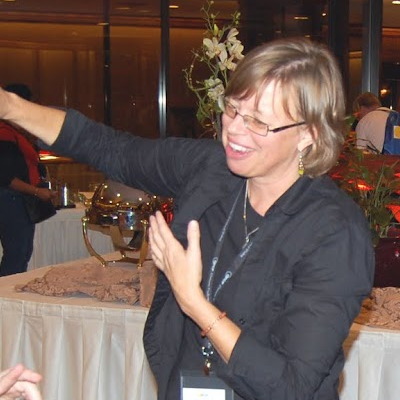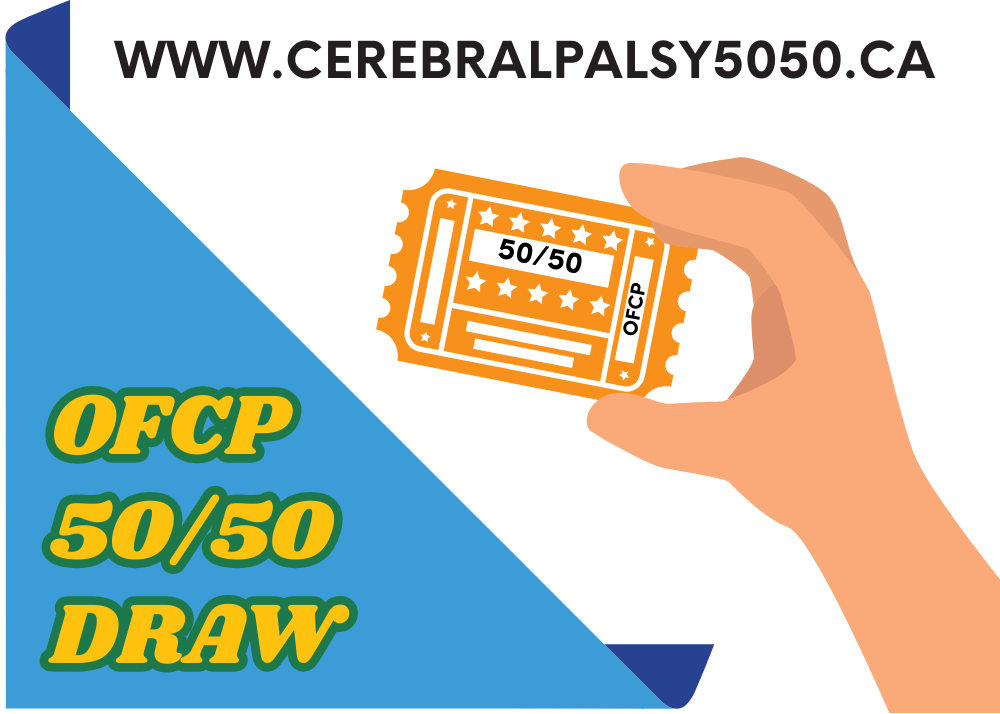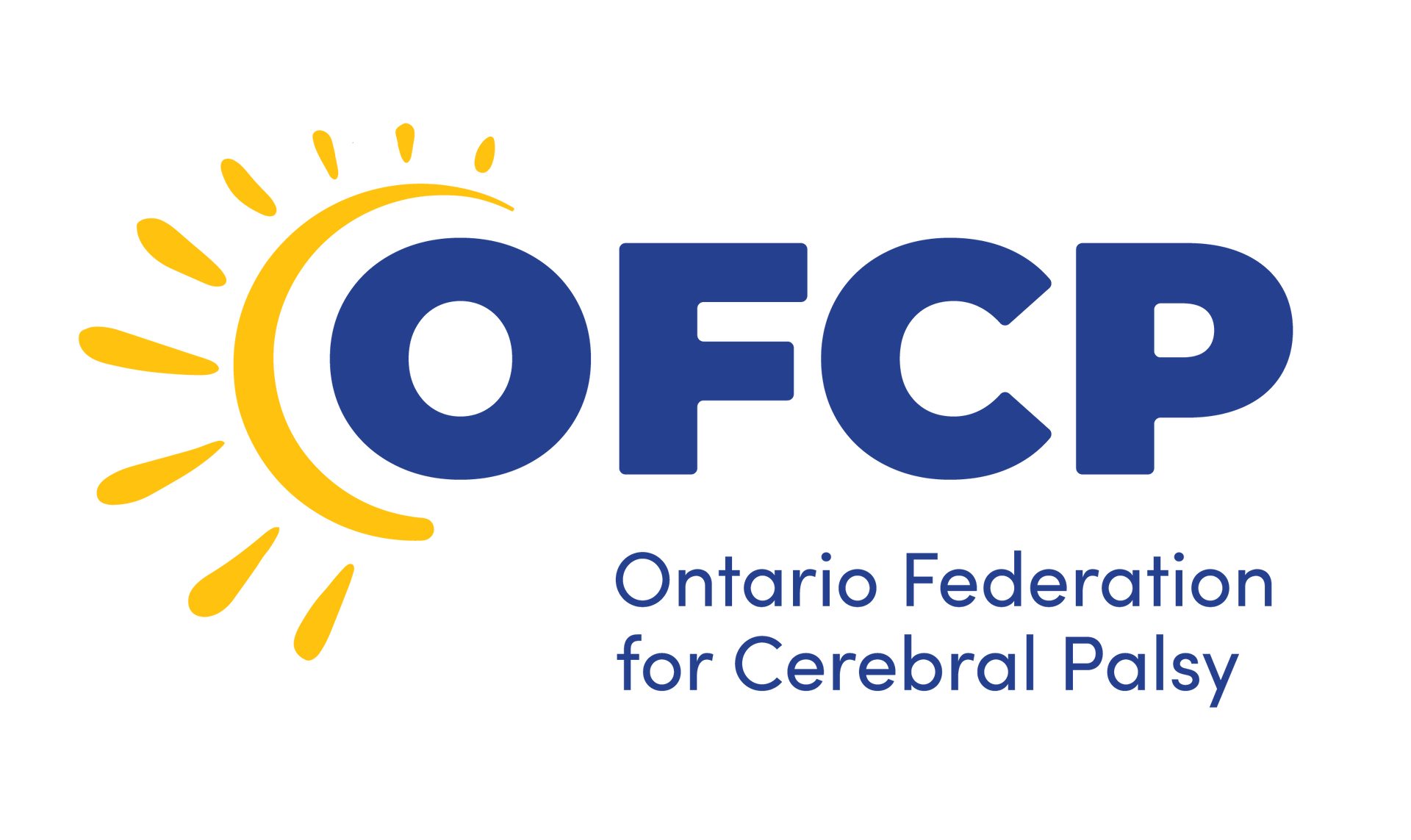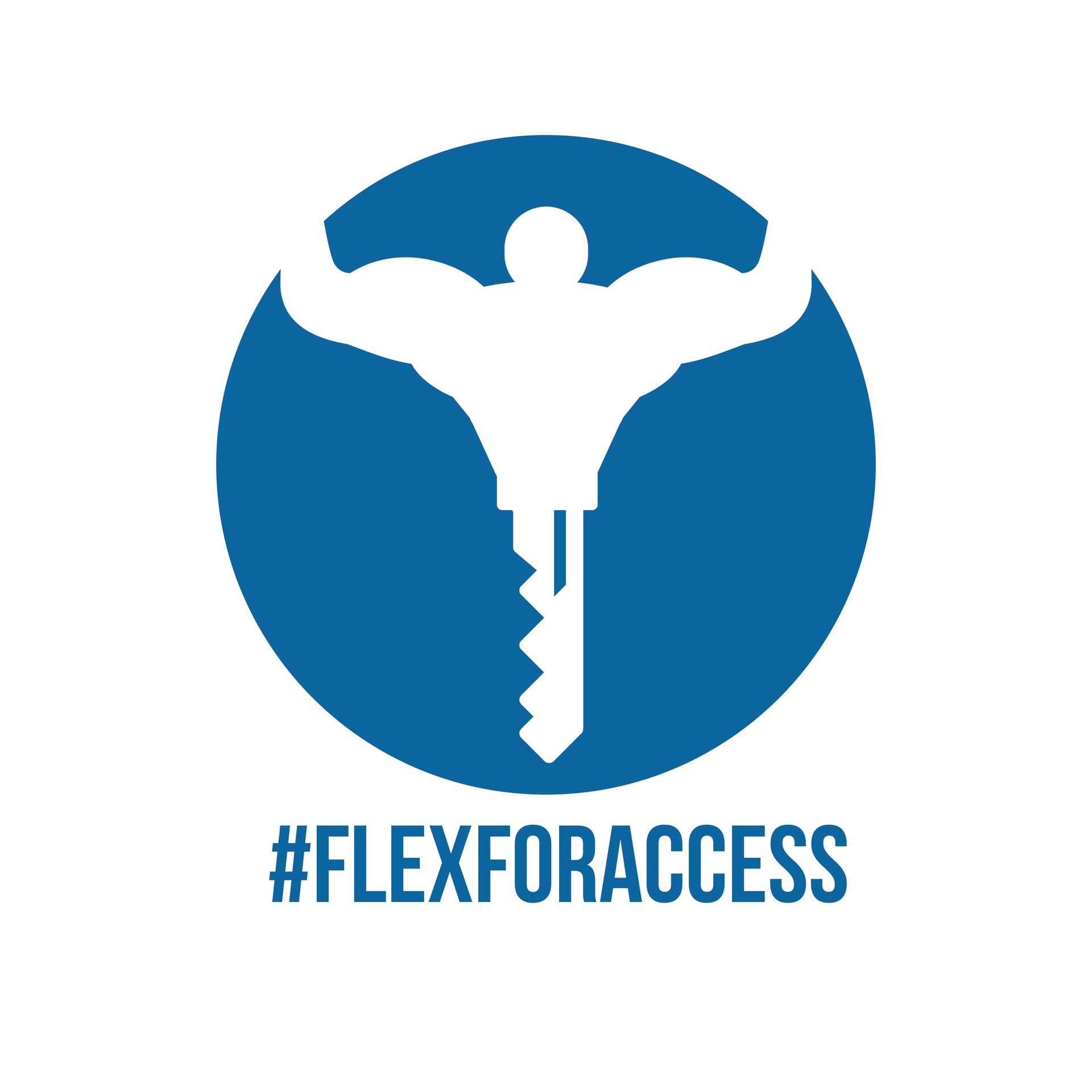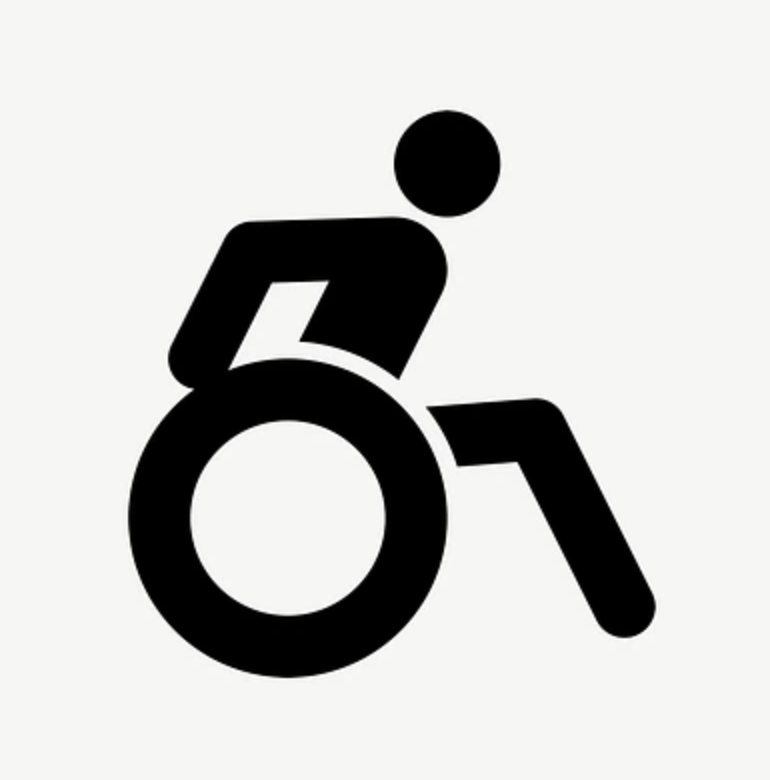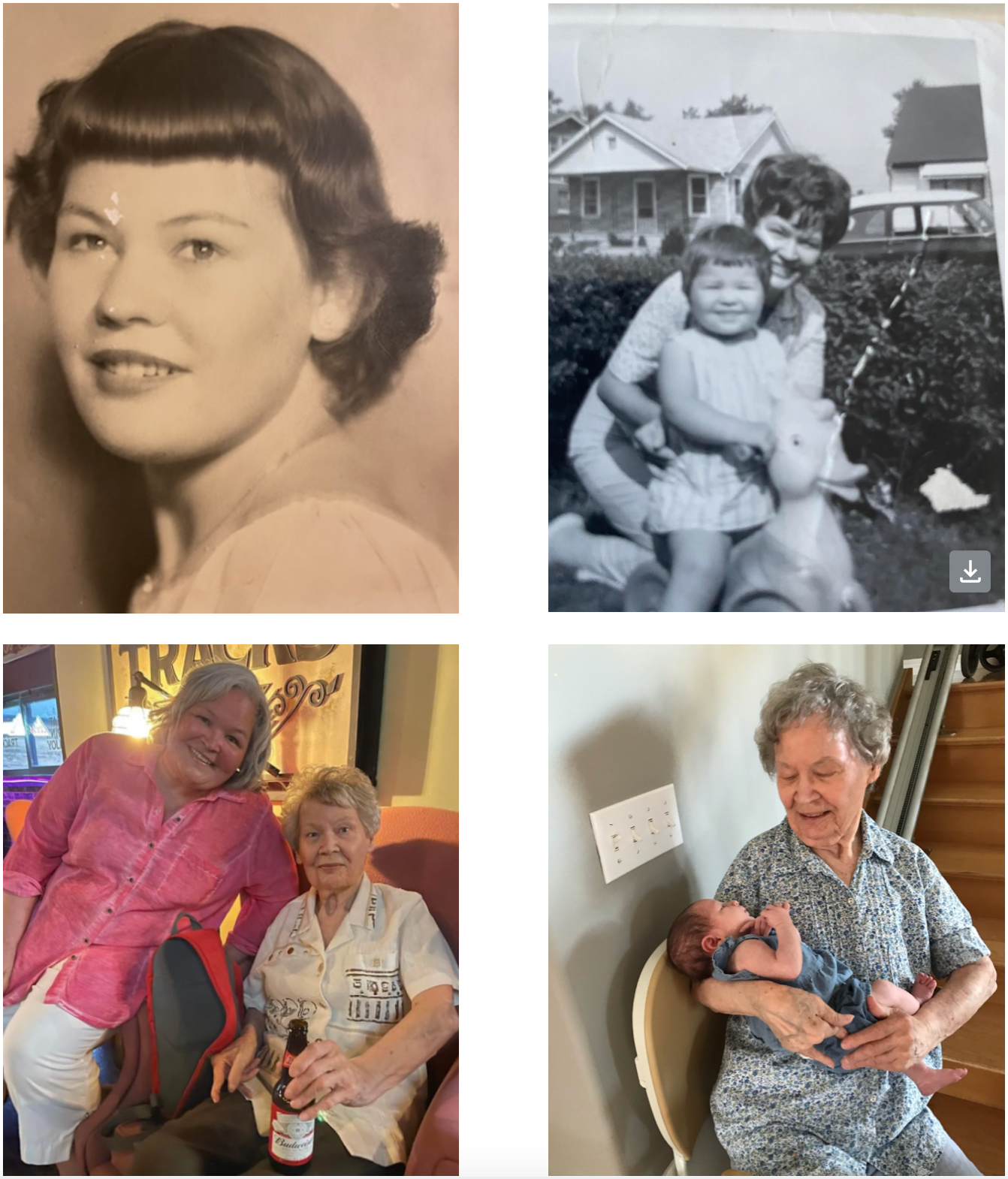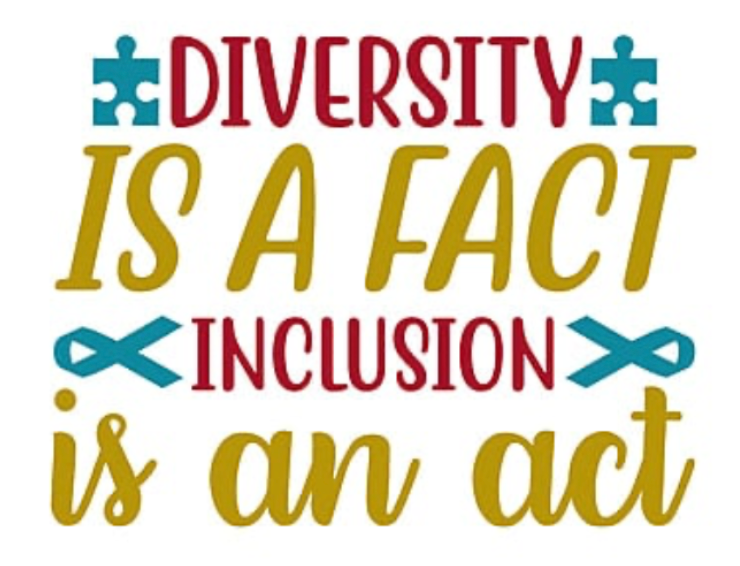What's New
OFCP Announcements & Press
Charitable Donation from Savers Value Village Charitable Giving Committee
Navigating Back to School with a Disability: Essential Tips for a Smooth Transition
CP News & Updates
Sign up to stay up-to-date and receive community updates about cerebral palsy.

